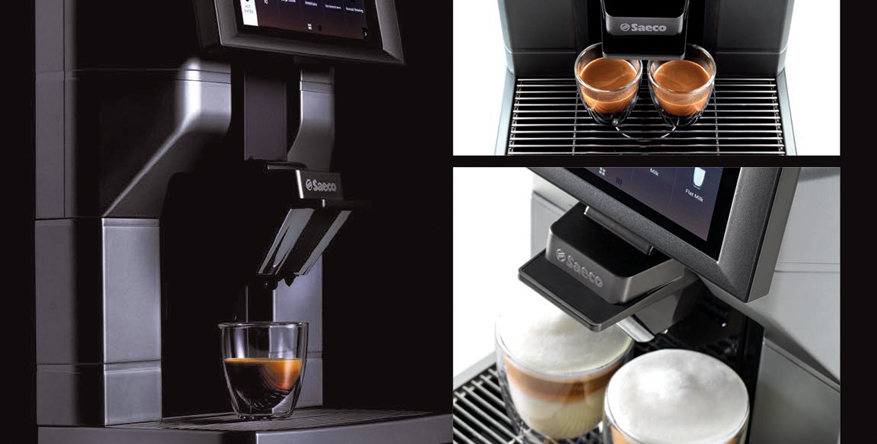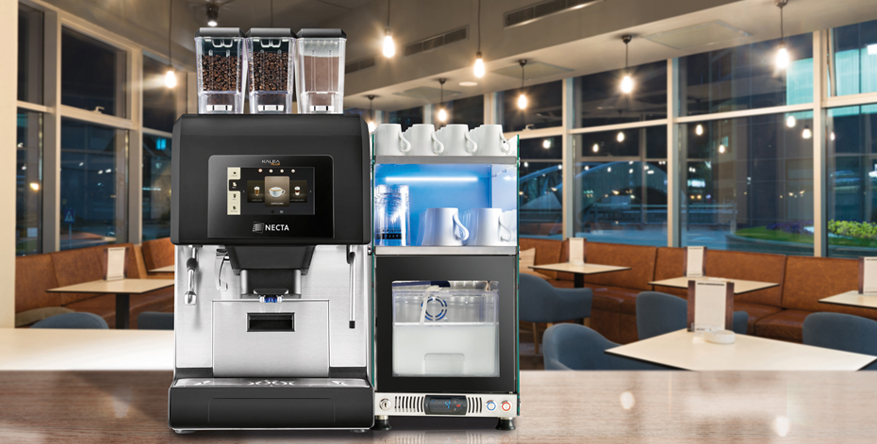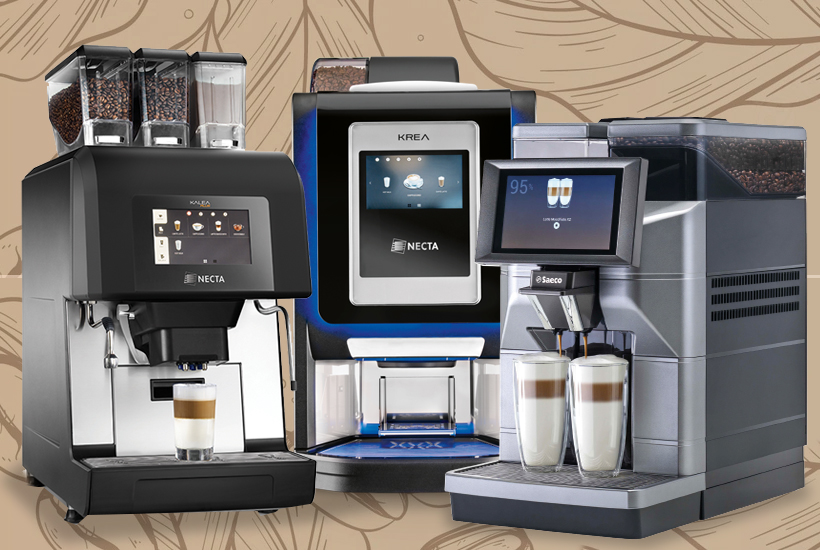The Importance of a Bean to Cup Coffee Maker
A Bean to Cup coffee maker is becoming essential for all Irish businesses as the number of coffee drinkers is increasing daily. The number of cafes on the streets proves that the demand is high, and it is no longer uncommon for a coffee machine to share the pub’s counter with a Guinness tap.
One in three Irish people buys a cup of coffee at least once a day. Not only the quantity that is increasing, but we are also looking for better-quality coffee. We now give a lot more importance to the product’s origin and the preparation method.
The modern capsule coffee machines are well developed to deliver a tasty drink at an effective cost and are easily maintained. Therefore, it might be the perfect solution for a smaller business that wants to keep it simple. However, larger establishments serving many cups daily and looking to serve the whole coffee experience with freshness and quality will benefit from a bean-to-cup machine. The Bean to Cup option also fits better offices with frequently visiting customers as it supports the higher demand and will brew a selection of beverages, such as lattes, cappuccinos, mochas and more.
Studies point out that most everyday coffee drinkers cannot distinguish which coffee comes from coffee beans or capsules. Yet, in blind tests, they normally mention “a fresher taste” of the drink coming from beans.
Below you will find information about Bean to Cup coffee makers and why the coffee from them gives a fresher tasting coffee.

Behind the Scenes: How it all works
Most Automatic Coffee Machines will go through the brewing process without operator interference, so the magic begins once you press the button.
Grinding – The built-in grinder will grind the coffee beans into fine granules, and the fineness can be adjusted to suit your taste. But generally, the finer the coffee, the longer the brewing time needs to be.
Brewing – After grinding the coffee beans, it is time to brew. The water, stored in a container in the machine and normally heated by a thermoblock, is pumped at high pressure through the granules, making a tasty and creamy espresso.
Add-on – Some machines will have a milk frother or steamer to prepare the milk and mix it with the espresso either during or after the pouring. And this is all it takes for you to enjoy a great cup of coffee!

Adjustable to your needs
Making an espresso is not complex, but many components do the work behind the scenes. Understanding a little about it will help you better look after your machine, moreover, some settings can be adjusted to adapt the drink to your taste. Your coffee maintenance team can help you with this.
Water Pressure and Temperature: Science shows that coffee beans get burnt if boiling water is added, changing the drink’s taste. The ideal water temperature for a perfect espresso must be between 90-95 degrees Celsius. The drink’s quality will also depend on the water pressure adjustment; If the process happens too fast or too slow, it will interfere with the taste.
The built-in grinder: To give the optimum taste and flavour, the grinder must be calibrated to provide the exact weight of coffee grinds. Therefore, if the brand or type of coffee beans changes, you must re-calibrate the machine for the new blend. If you don’t have a person available and trained to do so, consider buying or renting from a supplier that will offer an after-sales maintenance service.

Why the Bean to Cup Coffee Tastes Fresher
We have explained how the machine works, but this doesn’t explain why the coffee tastes fresher, so here is the “secret”.
The oils, acids, and other compounds in the coffee beans give it its flavour. When the beans are roasted, an oil-like substance is released that coats the beans. Once exposed to air, the beans begin to dry, thereby affecting the fresh taste. The faster the beans get to your machine, and the better the packaging, the fresher the coffee will taste. Also, once you ground the beans, they begin to lose these properties faster; consequently, how fast you begin the brewing process after grinding will also impact the drink’s taste.
However, it is important to note that a low amount of oil coating on the beans doesn’t necessarily mean that it’s old; different blends and strengths will vary on the amount of the substance even while still fresh. The best way to be sure that your coffee beans are fresh is to choose a reputable brand and supplier.

